EU industry chiefs meet to decide citizens' online privacy rights
European representatives will be discussing EU citizens' right to privacy and expression at a conference in Strasbourg
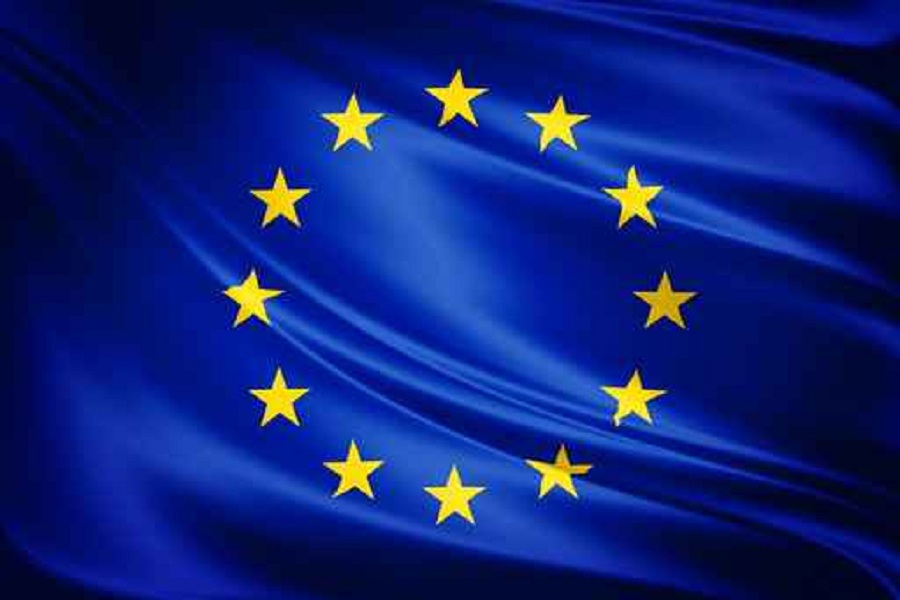
More than 600 delegates from around Europe will attend an internet conference in Strasbourg next week to discuss the rights of EU citizens to privacy and free expression.
The European Dialogue on Internet Governance will commence on 12 June and will include stakeholders in industry, governments, academia and civil society, including the federal minister for economic affairs and energy Fadi Chehade.
The main issues discussed will be focused around the Internet Assigned Numbers Authority (IANA) and its future within Europe, given that it administers the allocation of names and numbers on the internet.
A survey conducted in Germany found that 40 per cent of internet users aged 18 to 65 wished for the EU to take a larger role in the governance of the internet and their security online. More than a third (35 per cent) responded that they would prefer more international organisations like the United Nations to be more involved too.
The EU is looking at increasing the powers of data-protection watchdogs - giving them the ability to hand out hefty fines for violations. Talks on a new data-protection package "have clearly moved from dormant to dynamic," according to EU justice commissioner Viviane Reding.
"Data-protection law will apply to non-European companies if they do business on our territory," she added. "I want to make it very clear that exemtpions [will be] exceptional."
Ministers have been divided on the topic, though, with France opposed to a fix-all approach that would allow one regulator to control all decisions on privacy on the continent.
Get the ITPro daily newsletter
Sign up today and you will receive a free copy of our Future Focus 2025 report - the leading guidance on AI, cybersecurity and other IT challenges as per 700+ senior executives
The new "right to be forgotten" legislation passed in the EU will bound to be a hot topic at the meeting next week. Due to the ruling, Google, the company at the heart of the saga, will be obliged to remove the details of any person who requests them to do so.
Within 24 hours of Google's dedicated website for the service launching it received 12,000 "forget me" requests, rising to 41,000 in the first four days. Almost a third of the accusations are related to fraud, 12 per cent to child pornography and 20 to serious and violent crime.
Following the flood of requests received by Google, Professor Luciano Floridi, tasked with determining how Google can comply, said: "People would be screaming if a powerful company suddenly decided what information could be seen by what people, when and where," he said.
"That is the consequence of this decision. A private company now has to decide what is in the public interest."
Companies based outside of the European Union, minsters have ruled, need to abide by the bloc's new rules or face losing their business.
-
 Should AI PCs be part of your next hardware refresh?
Should AI PCs be part of your next hardware refresh?AI PCs are fast becoming a business staple and a surefire way to future-proof your business
By Bobby Hellard Published
-
 Westcon-Comstor and Vectra AI launch brace of new channel initiatives
Westcon-Comstor and Vectra AI launch brace of new channel initiativesNews Westcon-Comstor and Vectra AI have announced the launch of two new channel growth initiatives focused on the managed security service provider (MSSP) space and AWS Marketplace.
By Daniel Todd Published
-
 Forcing Apple to allow alternative app stores might cause major security risks
Forcing Apple to allow alternative app stores might cause major security risksAnalysis Apple will be forced to allow third-party marketplaces on its devices, but some experts have raised serious security concerns
By Solomon Klappholz Published
-
 Why bolstering your security capabilities is critical ahead of NIS2
Why bolstering your security capabilities is critical ahead of NIS2NIS2 regulations will bolster cyber resilience in key industries as well as improving multi-agency responses to data breaches
By ITPro Published
-
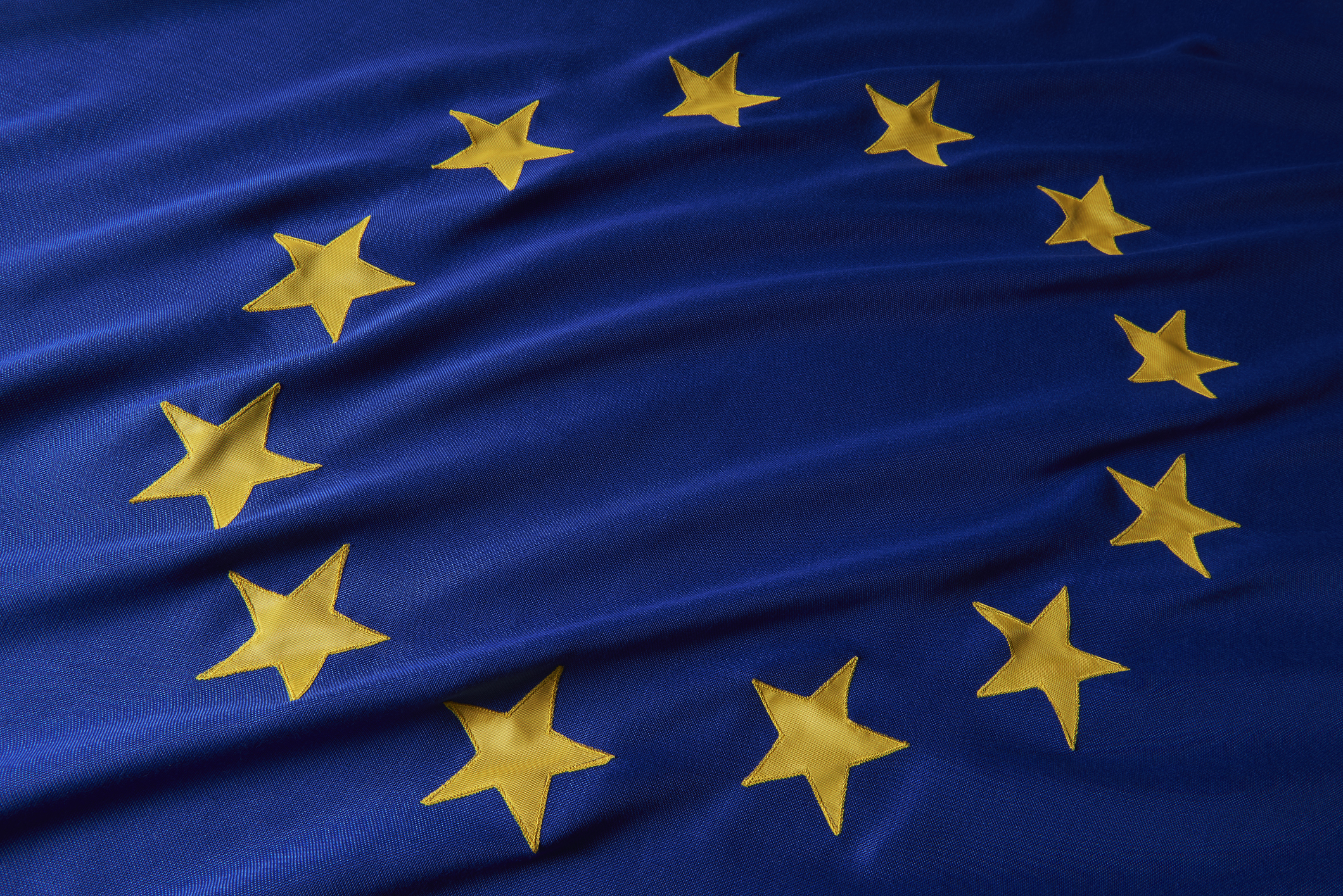 New EU vulnerability disclosure rules deemed an "unnecessary risk"
New EU vulnerability disclosure rules deemed an "unnecessary risk"News The vulnerability disclosure rules in the Cyber Resilience Act could also cause a “chilling effect” on security researchers
By Ross Kelly Published
-
 Are you ready for NIS2?
Are you ready for NIS2?WEBINAR Find out what you should be doing to prepare for the EU’s latest data protection regulation and UK equivalent with our free webinar
By ITPro Published
-
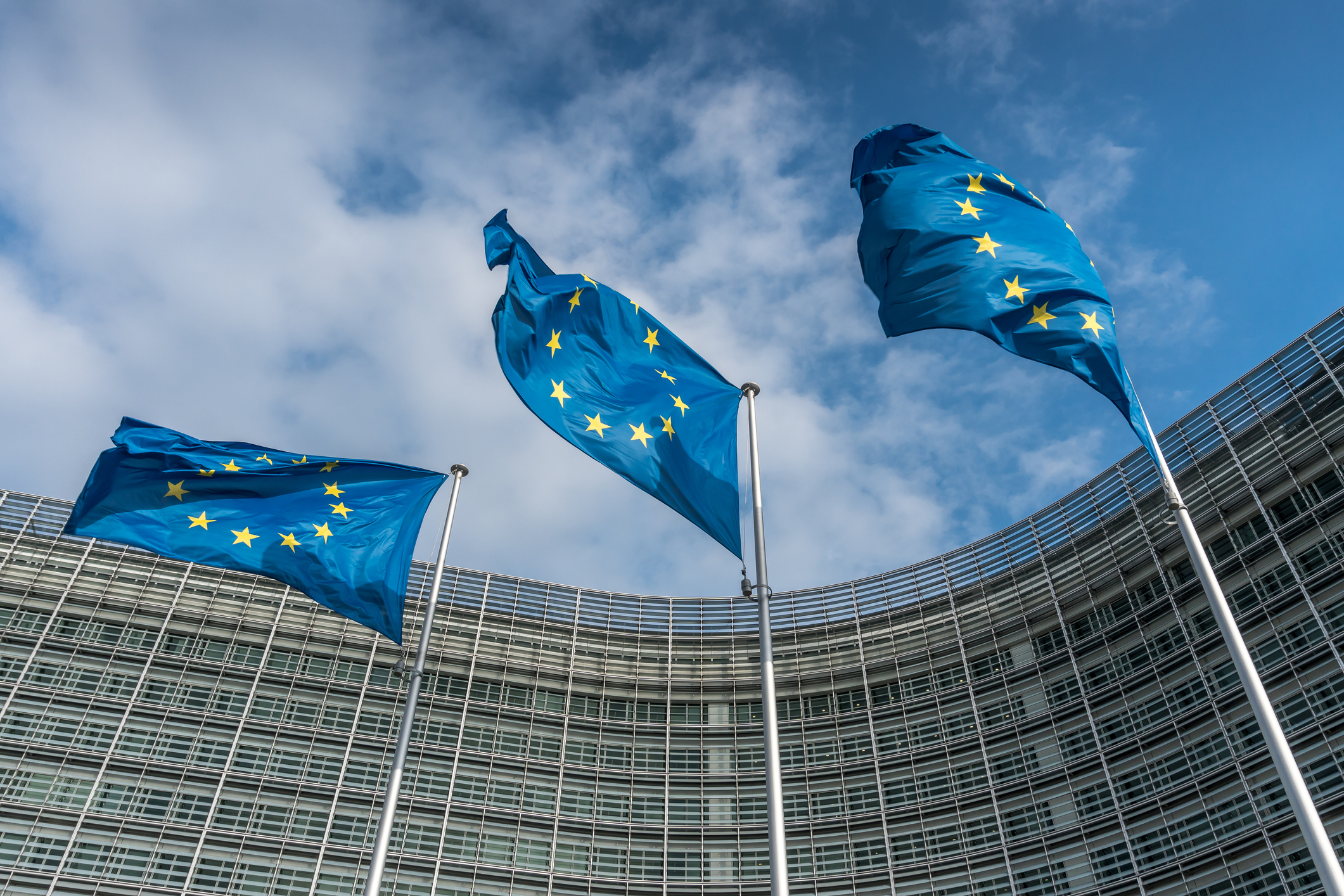 EU regulators are digging their heels in despite big tech’s Data Act pushback
EU regulators are digging their heels in despite big tech’s Data Act pushbackAnalysis EU regulators are no strangers to big tech regulatory push back, so why do companies still persist?
By Ross Kelly Published
-
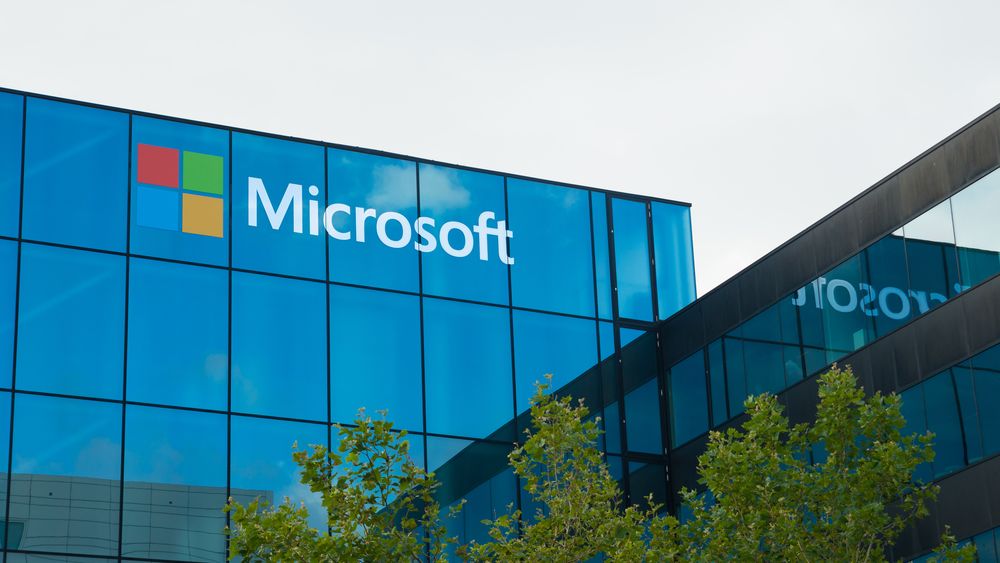 Microsoft's EU Data Boundary will begin staggered rollout in January 2023
Microsoft's EU Data Boundary will begin staggered rollout in January 2023News Public sector and commercial customers will be the first to benefit when the rollout begins on 1 January across all of Microsoft's core services
By Ross Kelly Published
-
 EU watchdog fights against rules permitting Europol's ‘unlawful’ data practices
EU watchdog fights against rules permitting Europol's ‘unlawful’ data practicesNews The pushback follows allegations that Europol was allowed to write its own rules when it came to handling sensitive data
By Connor Jones Published
-
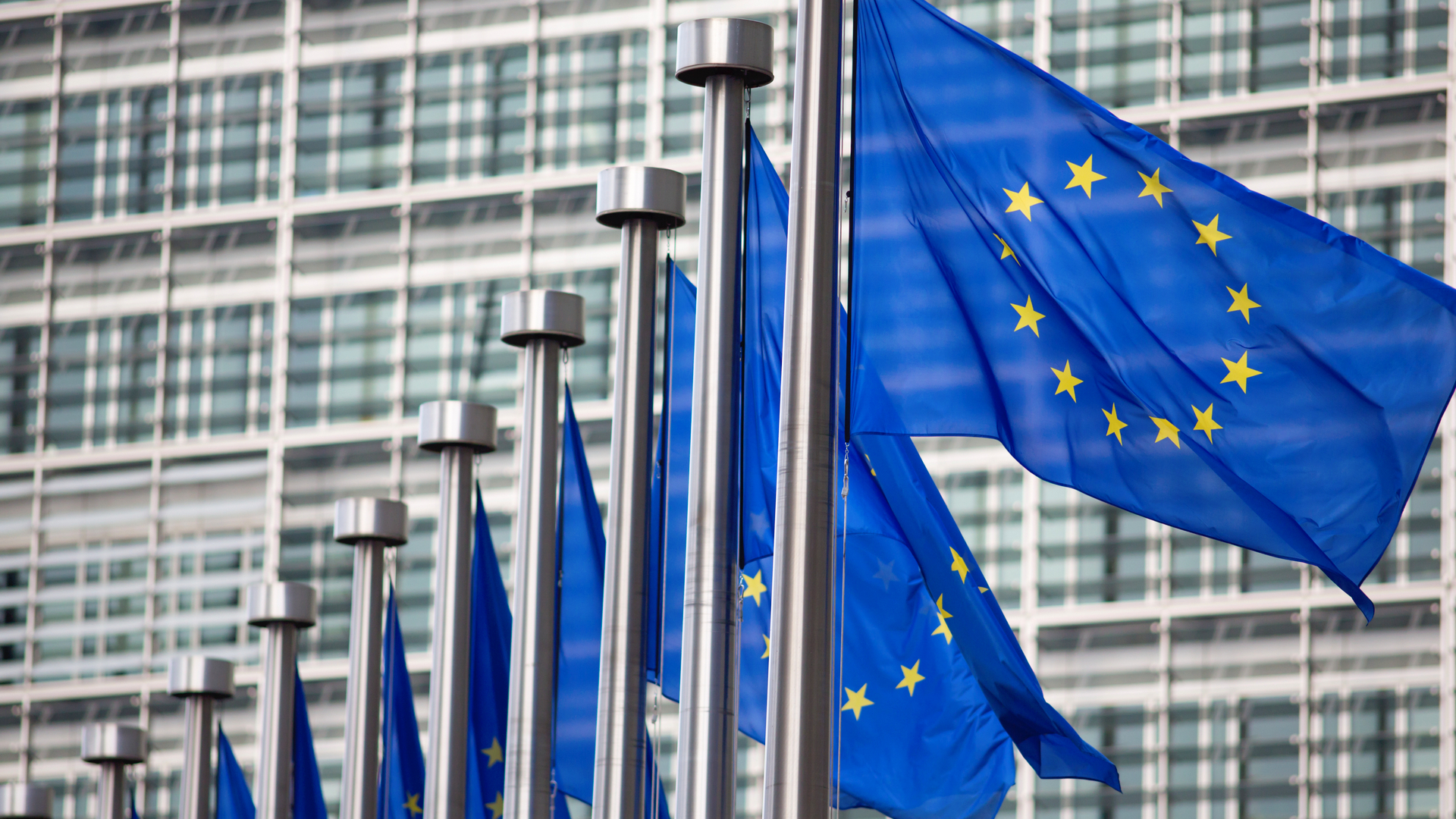 EU to introduce strict IoT security regulation
EU to introduce strict IoT security regulationNews Manufacturers will be required to assess all risks, and notify the EU of issues within 24hrs
By Rory Bathgate Published